5 Foods Not to Eat Post-Workout
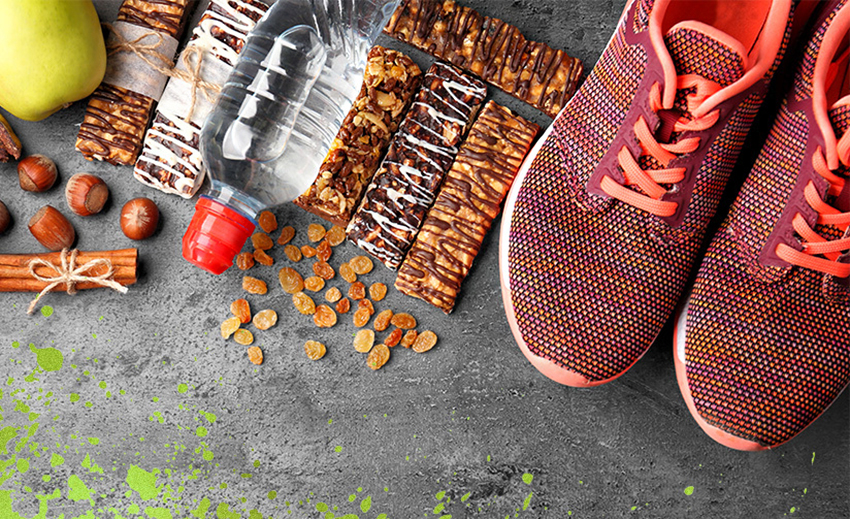
Physical exercises deplete the body’s energy reserves, and muscles need a quick recharge. This is why it is important to eat within an hour after your workout. But some foods can do more harm than good. Here are some types of foods to avoid after workout and gym:
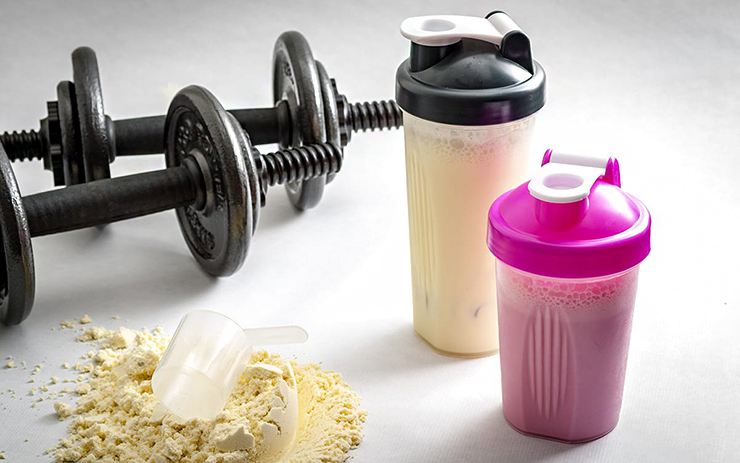
1. Sweet protein shakes
Not all protein powders are equally useful. Especially those that contain sugar or artificial sweeteners. A viable option would be a sugar-free vegan protein powder blended with organic foods. We recommend the following mix: protein powder, 1 banana, 150 g strawberries, whole oatmeal, unsweetened almond milk, green powder, and an ice cube.
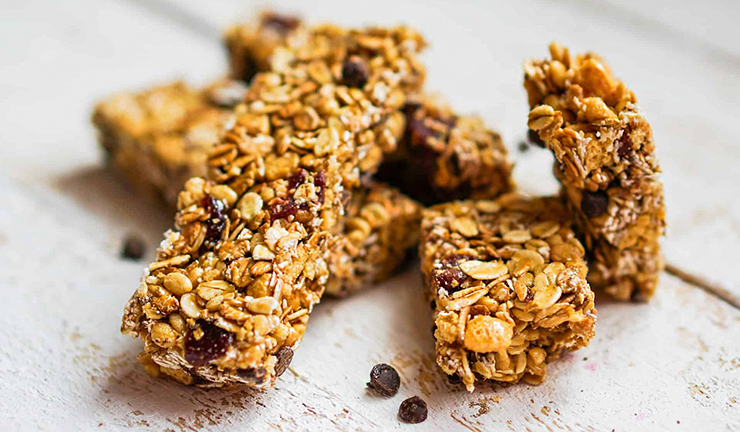
2. Energy bars
Avoid ultra-processed energy bars with a long list of ingredients, especially those containing refined sugars and artificial sweeteners such as aspartame. An alternative would be a banana or berries with a handful of nuts.
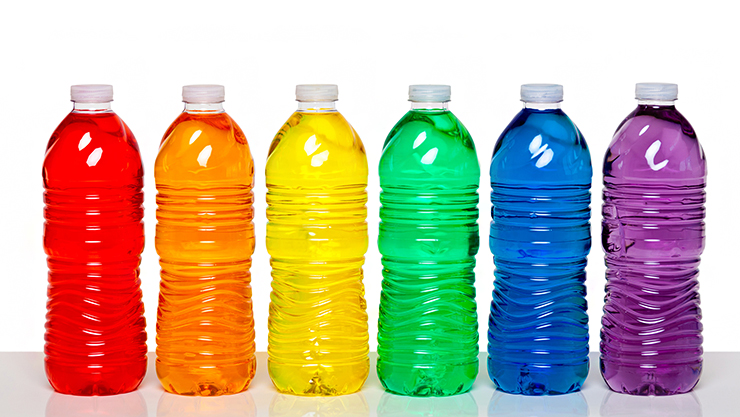
3. Sports drinks
Unless you are a pro runner training before a tough marathon, The Fashiongton Post recommends avoiding sports drinks. They often contain a lot of sugar and chemical additives. After a workout, it is best to choose a drink without syrupy ingredients that raise blood sugar levels. Coconut water, unsweetened protein shakes, or plain filtered water are great options.

4. Fried food
Convenience foods such as, for example, chicken nuggets often contain trans fats. It’s important to remember that workout itself is stressful for the body, so we should strive to eat post-workout foods that include micronutrients and nutritional ingredients that nourish and repair muscles while taking care of our body. Instead of fried foods — choose fish, boiled rice, or grilled vegetables.
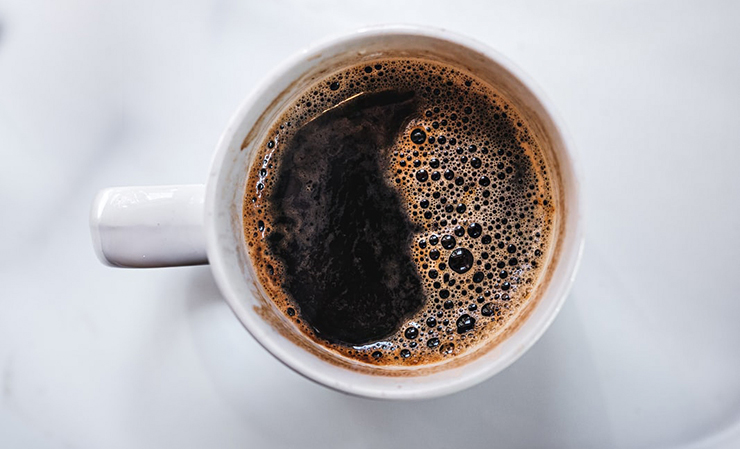
5. Coffee
Coffee is a great pre-workout drink. It can increase productivity during exercise. But after the gym, it is better to refuse it, since caffeine dehydrates an already dehydrated body. In addition, caffeine also increases levels of cortisol, which is a stress hormone. A workout is also somewhat stressful for the body, and cortisol is already released during training. Too much cortisol increases blood pressure, puts stress on the cardiovascular system, and leads to hormonal imbalances.

